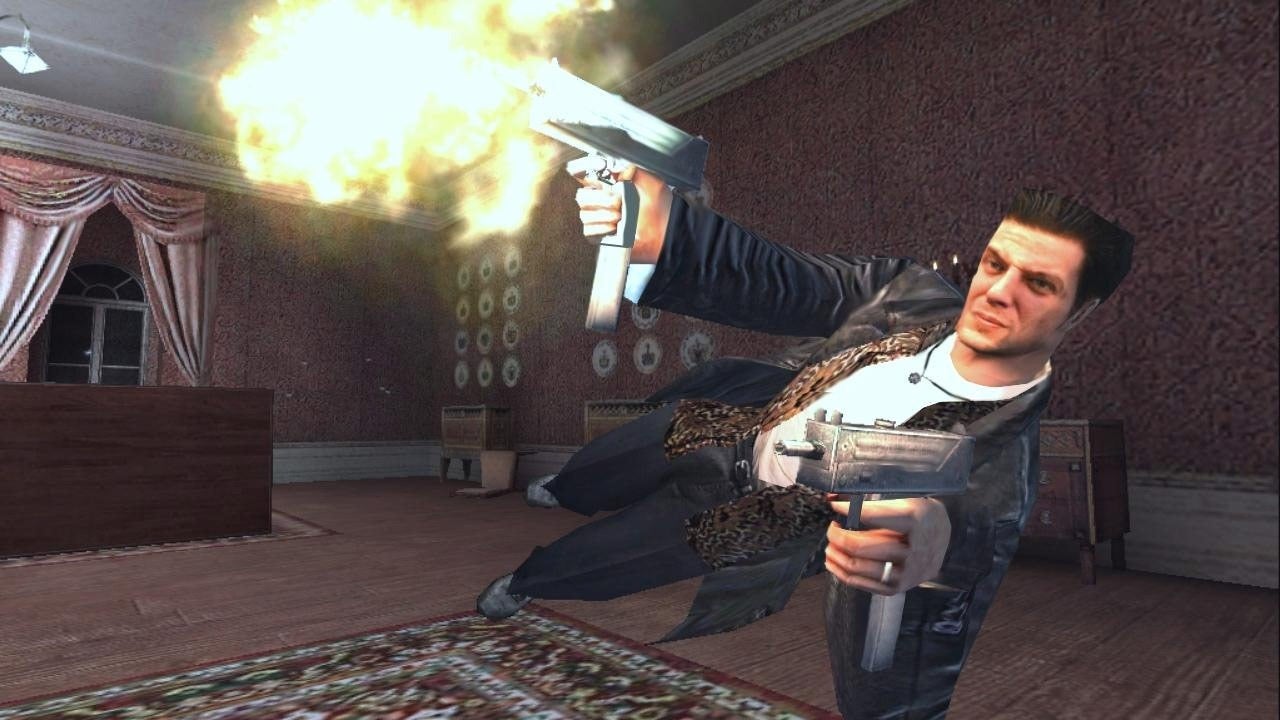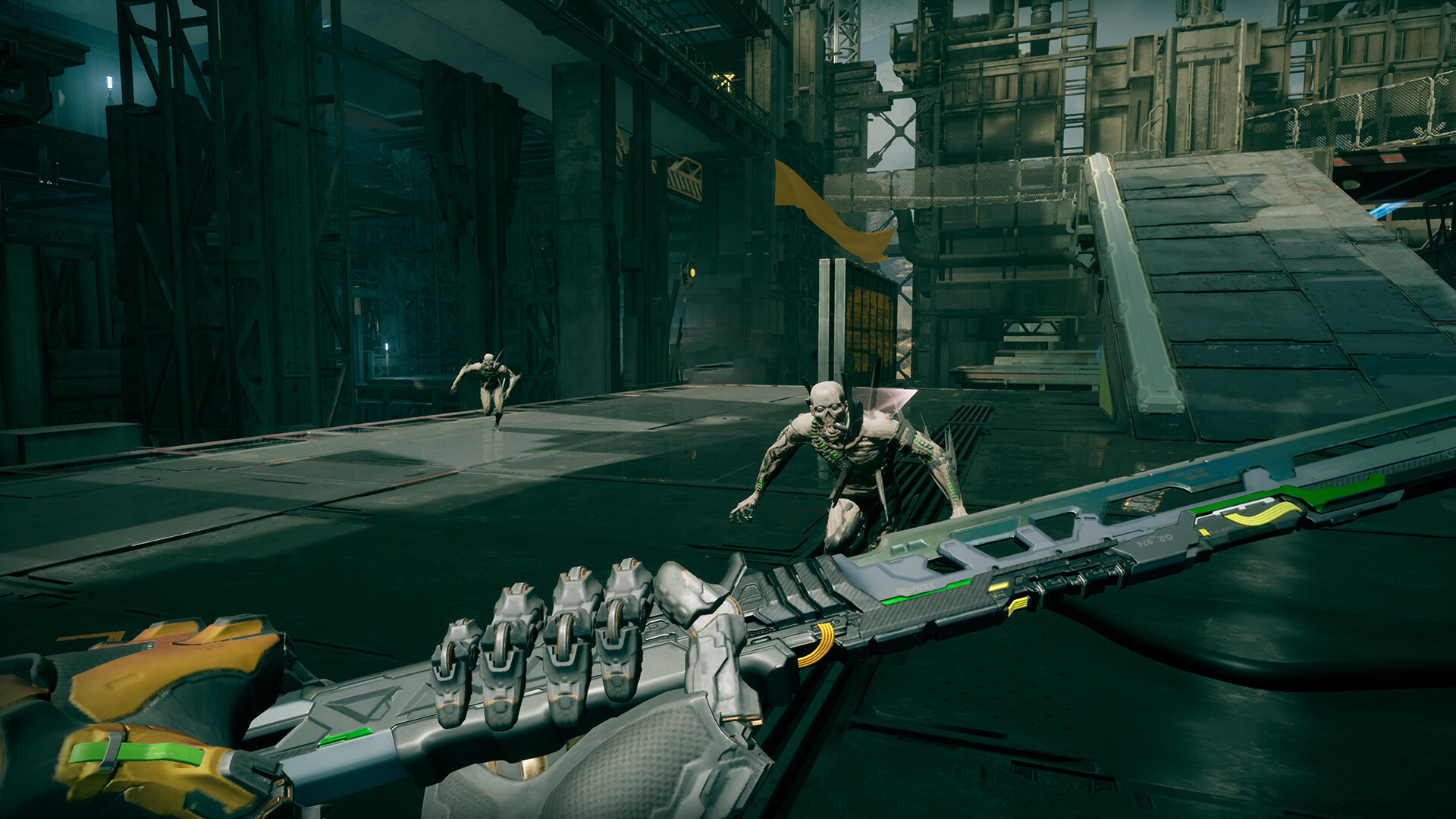
I remember reading somewhere that we have the most energy and the most amount of free time when we are growing up, and that the level of energy and the amount of leisurely time starts to go down as you get older and older. Conversely, the money that you have grows bigger and bigger as you grow up. The reason why I brought this random excerpt up is that gaming can be an extremely demanding hobby ranging from the amount of money you have to spend on games to the time that you need to dedicate to playing them and even the mental energy that goes into playing games in your free time.
At a younger age, I had quite a lot of free time and immense love for my newfound hobby – but sadly not much funds to my name to support that said hobby. At that time, it was extremely important for my games to last me longer than a couple of days – so I would always choose games that provided the best bang for the buck over the ones that were well-received but could be devoured in just a couple of days. Games like Grand Theft Auto and inFamous formed the majority of my gaming diet at the time, and I just loved exploring these fantastical lands and checking off each puny task from a long list of side activities and collectathons as I drenched them dry.
Those weren’t the only games I played, to be honest, and I also dabbled into games that weren’t quite as long to mix up the pot – and some of my best memories from the time also come from playing shorter experiences ranging from Max Payne to the Metal Gear Solid campaigns. I vividly remember these games grasping me with their excellent pacing and mechanics that would last just as long as to not get bored of them. It was a really distinct feeling that I remember cherishing long after the credits rolled, and it’s something that I desperately want back in my life.
Modern AAA games nowadays seem to have a weird obsession with their runtime. While I do understand that it’s definitely important information to convey to the consumers to help them make a more informed decision on the purchase, it’s also important to understand that bigger doesn’t always necessarily become better. Most big-name publishers have become obsessed with boasting exorbitant runtimes in their trailers and putting bullet points in their Steam descriptions as if that were a shining beacon of their high standards of quality.
Making games with longer runtimes is not a bad thing, but developers often resort to all kinds of tricks to artificially make a game feel much bigger than it already is. Dying Light 2: Stay Human might be 500 hours long, but that’s only if you leave no stone unturned which is rarely much fun. Many modern open world games might take over 100 hours to roll the credits, but how much of it is actually progressing the story and not grinding out the side content to gain access to level-gated content? Starfield might have over 1000 planets to explore, but how many of those planets actually have anything worthwhile to explore?
One could excuse these examples under the argument of side content being optional or these practices even being a necessarily evil of open-world design, but this is a larger problem that has started to drip feed into the critical story content of modern single-player games too. A game like Just Cause 4 boasts a campaign that takes 20 to 25 hours to reach the end, but the critical missions that move the narrative forward make up at most half of the experience, and the rest is just flailing around in the open world and causing enough chaos to trigger the next story bit. I could cite several instances of similar problems in other long-format games, but then we’d just be discussing that for a very long time.

I do understand that it might feel that many of these frustrations stem from my personal problems of not having all the time in the world to play video games. That being said, it’s also equally important for developers to understand whether their games and the mechanics therein are actually capable of supporting such a long runtime or not – and also respecting the time that the consumers are actually putting into those experiences.
Take a game like Hellblade Senua’s Sacrifice which has a really simple combat system that involves swinging swords at enemies in a frantic fashion – and that resonates strongly with the story’s themes of desperation and anxiety. The game works because it is short, and because it doesn’t let the player get bored of those set of mechanics and uses its story to make you want to keep playing right until the end. It’s the same reason why Max Payne 3 is highly revered to this date because it fully explores the breadth of the available gameplay mechanics without over-exploiting them to make you feel bored of those very same mechanics.
It’s important to understand that the essence of any good game is the feeling of wanting more out of it when it ends, and that’s a feeling that not many modern games that are so obsessed with having bigger and bigger open-worlds or longer and longer runtimes can provide. On the other hand, it’s starting to become commonplace that I would start to feel borderline exhausted as I reach the final act of a massive open world like Horizon or Fallout.

Given my current gaming preferences, I’m having a lot of fun exploring the AA space which can provide the same kind of short-lived experiences that I cherished in the olden days. Because many of these games are built with middling budgets, they are able to recoup those development costs by selling them at a fraction of the full price – making it a very convincing deal for both the consumers and developers. I’m talking about games like Ghostrunner, Viewfinder, and even AAA oddballs like Alan Wake 2 or Psychonauts 2; games that just know the ins and outs of their mechanics and use their shorter runtimes to deliver amazing level designs and memorable sequences that will keep you wanting more.
There are some really intelligent ways to keep a player hooked on a game for hours without artificially padding out a story with uninteresting segments or repetitive side quests. Hitman 2 is a good reference to make this point since they use the flexibility of an open sandbox to keep you coming back to the same set of labyrinthian levels and take the newfound knowledge accrued from past runs to complete your objectives in a different manner. Roguelikes and roguelites use procedural map designs to make their short runs highly replayable, which in turn lets you experience the best of what the game has to offer for much longer and with a new perspective.
I’m not against open-world games or expansive RPGs in general; I do also enjoy embarking on epic quests set against the backdrop of carefully laid out fantasy worlds – but I just don’t get the time to really sink my teeth into such experiences as often given my other commitments than just this hobby. And when I do actually go on to play games that require an exorbitant amount of free time and active participation, I just wish that completing that leaves me with a feeling of satisfaction and not exhaustion – which I am finding to be a rare occurrence in the current gaming landscape. Even if I am spending the same amount of money for my games, the quality of the hours that I spend on that experience is much more important than the quantity of hours that I spend.
Note: The views expressed in this article are those of the author and do not necessarily represent the views of, and should not be attributed to, GamingBolt as an organization.














